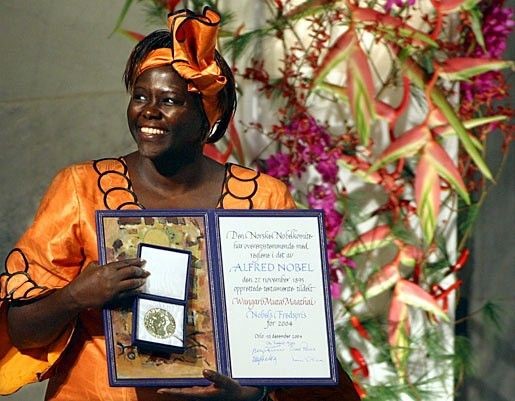The Power of Public Participation in Climate Action and Sustainable Development

School children planting trees.
According to Muigua (2018), approaches that allow citizens to participate in sustainable development are ideal because the citizens are uniquely knowledgeable about their own communities. Their day-to-day observations provide information about environmental conditions that the government might otherwise miss.
Involving citizens in sustainable development makes use of this valuable information, incorporating diverse perspectives that improve decision-making and increase compliance. This approach fundamentally contributes to a more realistic and responsive strategy for sustainable development. Muigua emphasizes that citizens are one of a nation’s greatest resources due to their numbers and deep, local knowledge.
Empowerment and Responsibility
In her Nobel Peace Prize acceptance speech, Professor Wangari Maathai highlighted that public participation empowers individuals to connect personal actions to environmental challenges, breaking the belief that solutions must come from "outside." This involvement grants people power over their lives, fostering a culture of action and resilience.

The Green Belt Movement founder Wangari Maathai.
Through initiatives like the Green Belt Movement, founded by Maathai, individuals are encouraged to participate in environmental conservation by planting trees and protecting forests. The movement has facilitated the planting of over 51 million trees, creating climate-resilient communities and sustainable livelihoods across Kenya and Africa.
Tree Planting: A Collective Solution
Tree planting is a powerful, accessible way for people to contribute to environmental conservation. Tree planting campaigns foster a culture of sustainability and environmental stewardship. For instance, on Mazingira Day, Kenyans of all ages planted thousands of trees nationwide, contributing to the government’s ambitious goal of planting 15 billion trees by 2032.
Initiatives like "Plant Your Age" by Green Foundation Africa encourage individuals to plant trees equal to their age, promoting environmental conservation and personal responsibility. Such campaigns allow citizens to collaborate with governments, NGOs, and international organizations, creating a collective impact toward sustainability on a national and global scale.
"The strength of these initiatives lies in their ability to empower citizens to take responsibility, ensuring sustainable development and climate resilience for future generations." - Mbugua George
By empowering citizens to take action, governments and organizations can leverage one of their greatest resources: the people themselves.